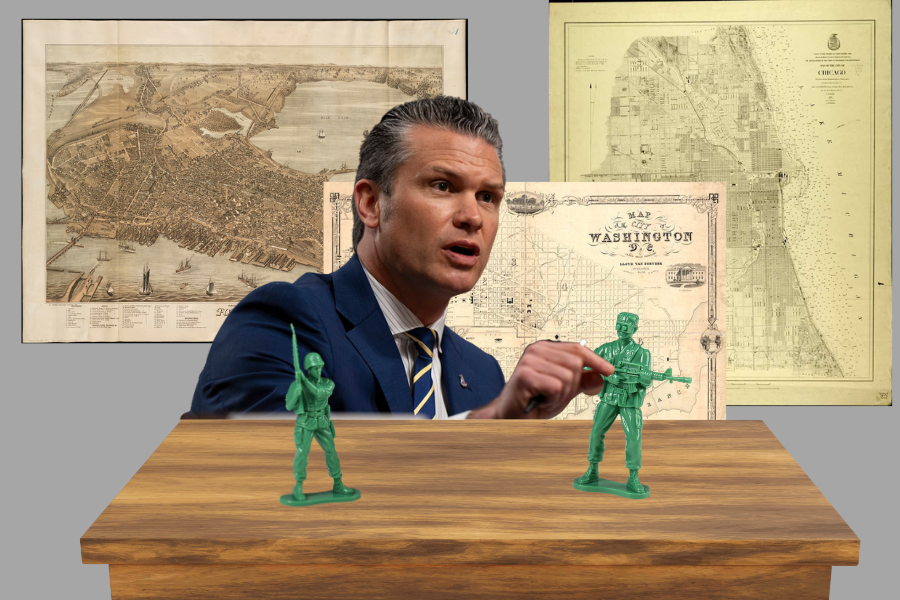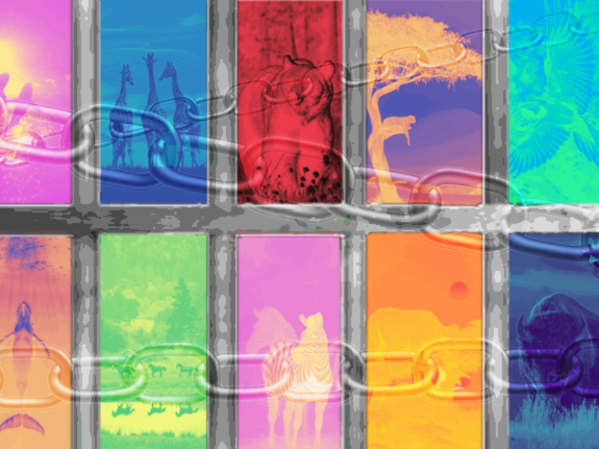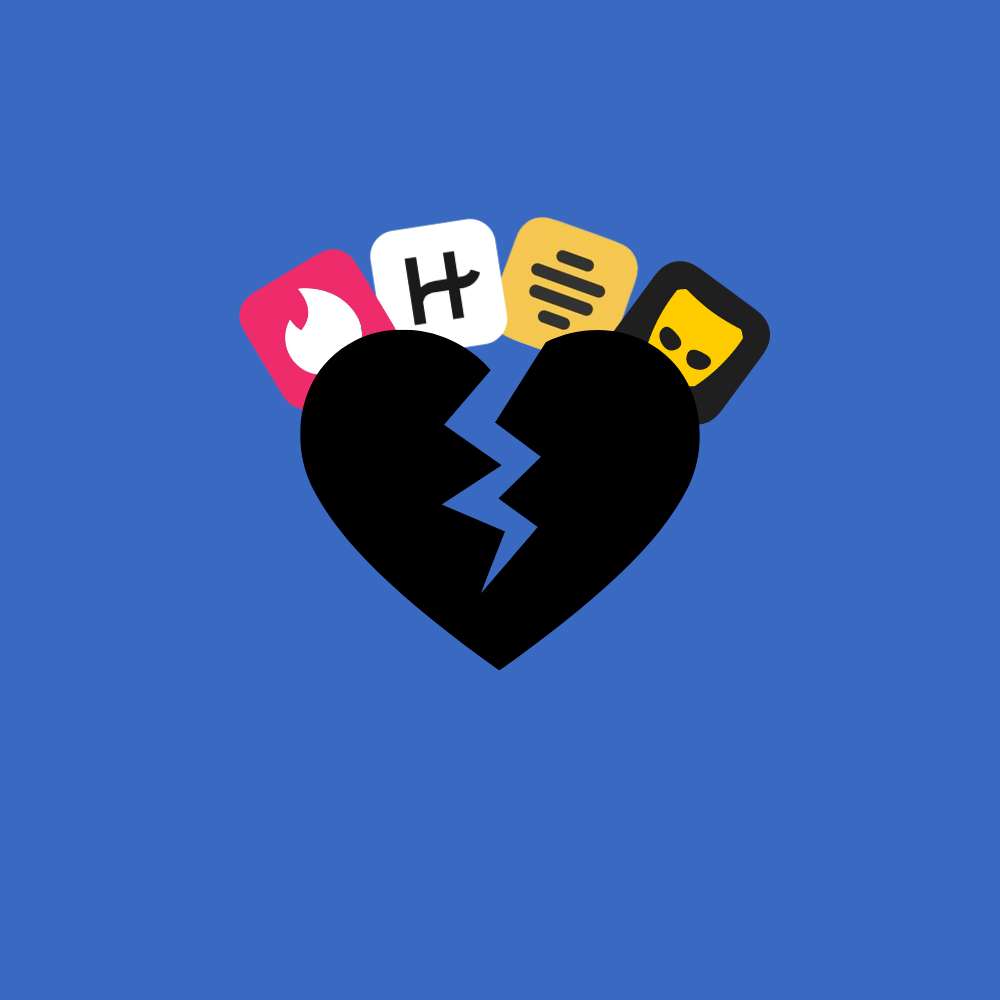This article contains some graphic imagery regarding a drowning victim and other sensitive content. Please read at your discretion.
The wounds that people have are not always visible.
Nearly one in five adults in the United States suffers from a mental health illness in any given year, according to the National Alliance on Mental Health. Yet, we as a nation, in terms of media coverage and general awareness, often find ourselves skeptical of the validity of these illnesses.
The majority of Americans know about cancer. The majority of Americans know about diabetes. But many of us turn a blind eye to those suffering depression or other mental health problems.
We put pressure on each other to be strong, to ignore our feelings, or to pretend it didn’t happen, especially males. Stigmatizing mental health issues by equating being bothered or upset by something as being weak emotionally is a recipe for disaster, in the form of an alienated, mentally shut down and emotionally wrecked society.
There are times in all of our lives in which we need some support. For some of us, a discussion with a friend or a hug from a parent is enough. Instead of alienating one another, recognizing that everybody has problems will pave way to a more open and accepting society to those who need more than just that.
We say phrases such as “It’s all in your head,” or “Stop thinking about it,” or “Just be happier.” The denouncement of mental health as a simple and acute emotional response to something is that it has no real clinical treatment is, quite simply, incorrect.
For example, post-traumatic stress disorder is a condition that affects nearly 20 percent of Americans, according to PTSD United. When people experience trauma, they produce excess amounts of epinephrine, which increases blood flow to muscle, and norepinephrine, which gets the body ready to act, according to Sonny Provetto, a psychiatrist to Vermont police officers, in an interview. Provetto also assisted NYC firefighters following the 9/11 terrorist attacks.
Mental health problems are more than just emotions. Rather, they are complicated and sophisticated issues that require the alternment of our body’s chemistry or framework to fix, through medicine, physical therapy and other practices. We treat physical issues with rest, treatment and medicine, but mental health issues are often seen as something self-inflicted and controllable. However, a broken arm is not something that can heal without being treated properly. Neither is depression or PTSD.
Rampant in society are the social stigmas about people with mental health issues. People often believe that any given person’s condition is self-inflicted, they are dangerous and that people with mental health problems are hard to communicate with. However, many of the individuals who suffer with mental health issues are just regular people, who are trying to get through the day just like the rest of us.
I remember one summer vividly. It was July 2011. My experience is merely a tragedy that upsets me, as it had upset the entire community when it occurred, but others have to struggle with much more.
At the time, I was playing on my town’s Little League All Star team for Colchester, VT. In the middle of the tournament, a player on an opposing team was scratched from his roster spot after visiting a waterfall with some friends. But not by choice.
The player was pulled under the cruel and unforgiving currents of a Vermont swimming hole about 25 to 30 minutes from where I grew up, where he had tragically drowned after being taken underwater by the belligerent, unforgiving currents of Bolton Potholes.
He died on July 12, 2011. I did not know him personally, but his death took a toll on all of us, even those who did not know him. Many in the community were left trying to find the reasons why and a mass sense of despair grasped all of those affected, directly and indirectly, by it. Showing up to play the rest of the tournament knowing of his passing was difficult, to say the least.
About five years after the player’s death, I visited a similar waterfall to take in the natural scenery and beauty. I remembered out of nowhere the incident, which I so long repressed. I remembered the name, the year and exactly how I felt at the time. To this day, being in locations like that makes me think of the tragedy.
The point of this background story is in reality, we all have occurrences in life that trouble us, acutely and thereafter, and we often carry this grief throughout our lives. There does not have to be a diagnosis of a condition for somebody to be struggling with something. Without question, the player’s closest friends and family still feel the same feelings they had when the tragedy occurred.
When I was playing baseball for the American Legion, I wrapped presents for many Vietnam and Korean war veterans around Christmas time at a Veterans Hospital in White River Junction, Vermont, as part of community service that the team conducted.
Much of those heroes’ stories were about things they enjoy, like their families or children. However, in contrast, some had told stories of unimaginable content, like friends dying in war.
We cannot look at those who serve our nation in the fact and tell them that it will simply pass. We cannot look at anyone with PTSD, depression or any other mental health issue that it will simply pass. We must treat mental health as seriously as we treat physical health and no longer marginalize sufferers.













